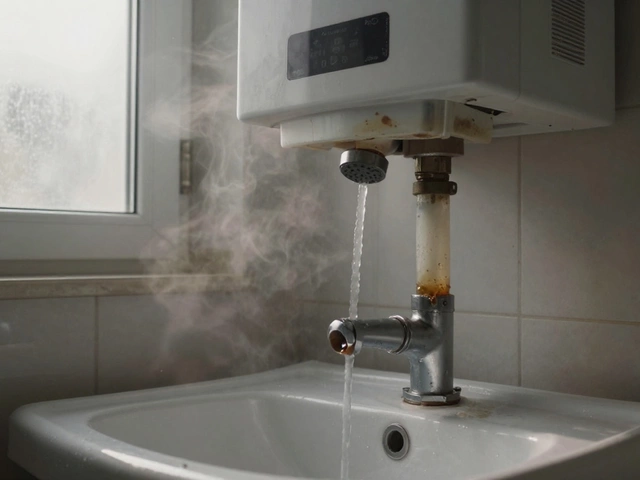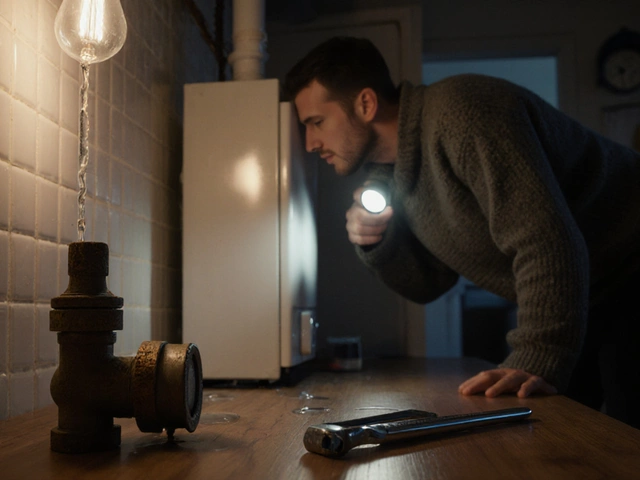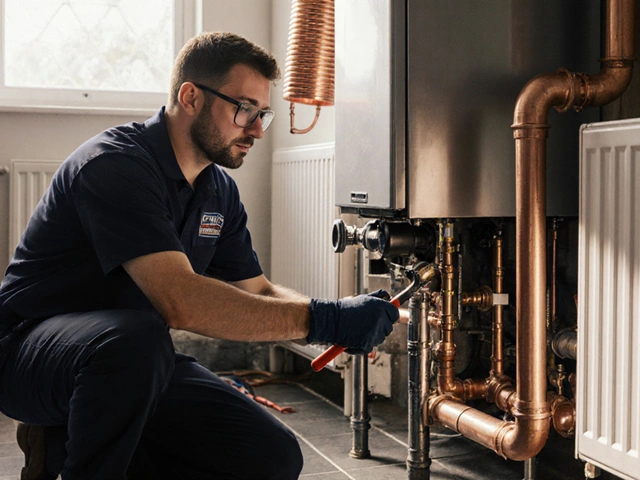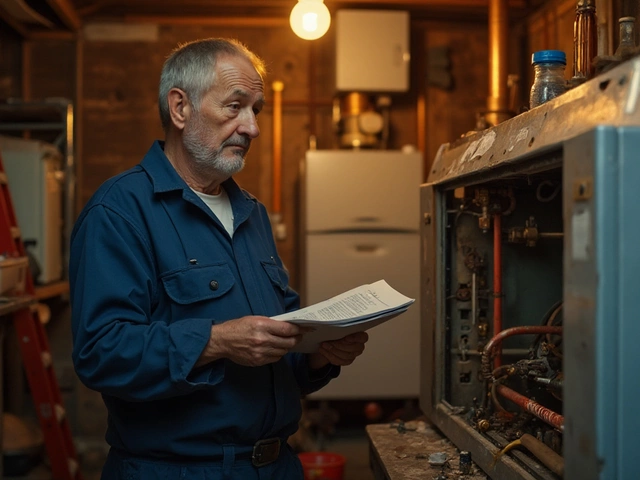What Is the Most Common Problem with a Hot Water Heater?
January 26 2026Heating Services: What You Need to Know for a Warm Home
Keeping the house warm feels like a small miracle when the heating system works right. But when the boiler coughs, the heat pump hums oddly, or the water heater sputters, that miracle can turn into a headache. Below you’ll find the basics you need to keep your heating running smoothly, plus clear signs that it’s time to call a certified engineer.
Common Heating Problems & Quick Fixes
Most heating hiccups have a simple cause. A boiler that flashes an error code often just needs a pressure reset or a dirty pressure valve. Try checking the pressure gauge first – it should sit between 1 and 1.5 bar when the system is cool. If it’s low, add water via the filling loop and watch the gauge climb.
Heat pumps can lose efficiency if the outdoor unit is covered in debris. A quick sweep of leaves and dust can restore airflow and lower your electricity bill. If the pump clicks but doesn’t start, the thermostat may be set to the wrong mode or the circuit breaker could have tripped. Flip the breaker back on and reboot the system before hunting for a broken part.
Water heaters are the unsung heroes of a cozy home – they deliver hot showers and clean dishes. A buildup of sediment inside the tank reduces heat transfer and forces the heater to work harder. Flushing the tank once a year, as described in many DIY guides, clears the sludge and adds years to its life.
When any of these fixes feel out of reach, remember that safety comes first. Working with gas, electricity, or hot water can be risky. If you smell gas, hear a loud hissing sound, or see water leaking around the boiler, shut off the main supply and call a professional immediately.
Why Hiring a Certified Engineer Saves Money
A certified gas engineer knows the local safety codes and has the tools to test for carbon monoxide, gas leaks, and proper ventilation. Skipping a professional service can mean hidden damage that blows up later – think a cracked heat exchanger or a failed pressure relief valve. Those problems not only raise repair costs but can also put your family at risk.
Regular servicing, usually once a year, catches wear before it turns into a breakdown. A quick inspection of the boiler’s heat exchanger, the pump’s seals, and the water heater’s anode rod can spot corrosion early. Most engineers will give you a checklist of what to watch for, so you can spot warning signs between visits.
Besides safety, a pro can help you decide whether repair or replacement makes sense. For a 15‑year‑old boiler, the efficiency loss might outweigh the repair cost, while a newer heat pump could be fixed for a fraction of a new unit’s price. Getting a clear quote with both options written out helps you avoid surprise bills.
Bottom line: keep an eye on pressure gauges, clear debris from outdoor units, and flush your water heater annually. When in doubt, call a certified engineer – it’s cheaper than a catastrophic failure and gives you peace of mind.
Ready to give your heating system the care it deserves? Schedule a service, grab a notebook for the engineer’s advice, and enjoy a warm, worry‑free home all winter long.
 14 Mar
14 Mar
Who to Call When Your Boiler Breaks Down
Discover what to do when your boiler stops working and who you should call to ensure it's fixed efficiently. This article offers practical tips on who to contact, signs that you may need a repair, and how to maintain your boiler to avoid future breakdowns. Find out when to reach out to a professional and how to choose the right expert. Learn some quick troubleshooting steps before making that call.
Read More...



